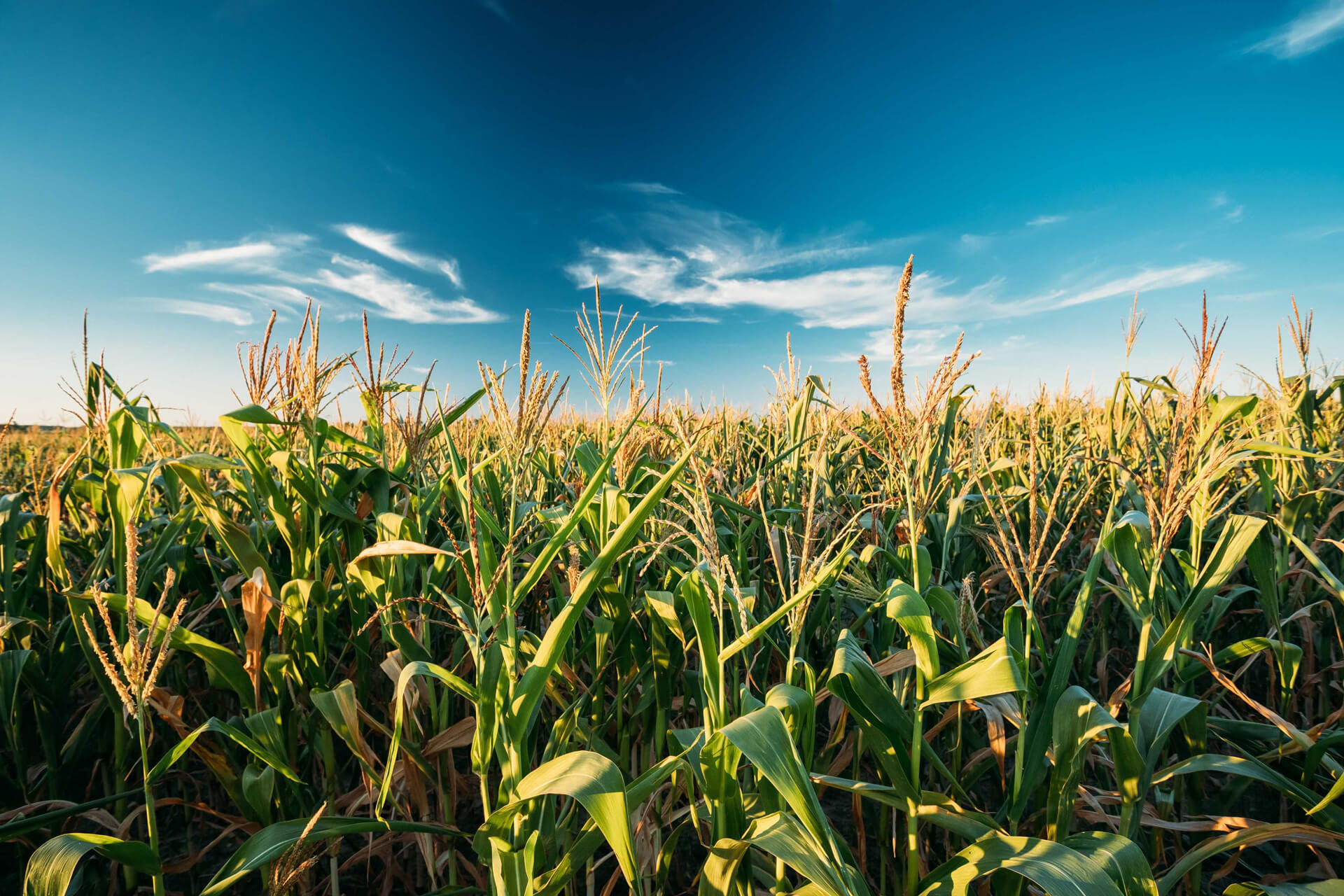Egypt, a nation with an agricultural history that spans millennia, possesses a unique farming calendar due to its distinct climate, enriched by the iconic Nile River. This guide aims to provide a comprehensive look into when each agricultural product in Egypt is at its prime. Knowledge of these seasons ensures that consumers are relishing produce at its freshest, most flavorful, and nutrient-rich state.
Introduction: The Rhythms of the Nile
The Nile, Egypt’s lifeblood, has played a pivotal role in shaping its agricultural tapestry. Ancient Egyptians thrived due to predictable flooding, which deposited nutrient-rich silt across the land. Today, Egypt’s agricultural seasons still dance to the Nile’s rhythms, supplemented by modern farming methods and the country’s distinct climatic zones.
Winter: A Mild Embrace (December to February)
Contrary to many Western countries, winter in Egypt is not synonymous with dormancy. Mild temperatures and fertile soil make it an ideal time for many crops.
Lettuce: A winter favourite, Egyptian lettuce is crisp, fresh, and filled with vitamins.
Oranges: Egyptian oranges, particularly the sweet ‘Valencia’ variety, are winter gifts, packed with vitamin C.
Spinach: This iron-rich leafy green finds its prime in the coolness of Egyptian winters.
Strawberries: Enjoy the sweet and slightly tart taste of strawberries, a winter harvest, rich in antioxidants.
Fava Beans (Fūl): A staple in Egyptian cuisine, winter is the season for fava beans, often consumed in the popular dish, Fūl Medames.
Spring: The Nile’s Rebirth (March to May)
As temperatures start to rise, the land responds with a burst of colours and flavours.
Artichokes: This thistle vegetable, with its unique taste, thrives during the spring months.
Green Beans: Crunchy and fresh, they are a testament to Egypt’s fertile spring soils.
Radishes: Their peppery bite is a refreshing spring treat.
Peas: Often eaten fresh or stewed, Egyptian peas are the sweetest in spring.
Mulukhiyah: A popular leafy vegetable in Egyptian cuisine, best harvested in the late spring.
Summer: Sun-Kissed Bounty (June to August)
Despite the scorching heat, the magic of the Nile and Egypt’s vast delta region brings forth an impressive summer bounty.
Tomatoes: Juicy and sun-ripened, Egyptian summer tomatoes are a culinary delight.
Watermelons: Quintessential to an Egyptian summer, they offer a refreshing respite from the heat.
Grapes: From the sweet ‘Sultana’ to the deep ‘Flame’, Egyptian summer is grape paradise.
Okra (Bamia): A favourite in many Egyptian dishes, it thrives in the summer season.
Date Palm: While dates can be harvested from summer to autumn, summer dates are particularly sweet and succulent.
Autumn: The Land’s Generous Farewell (September to November)
As the heat starts to wane, Egypt’s fields continue their generous offerings.
Eggplants (Aubergines): Their glossy purple skins and meaty texture make them a favourite in many Egyptian dishes.
Pomegranates: Symbolizing prosperity and abundance, they burst with sweet-tart arils.
Figs: Soft, sweet, and filled with fibre, Egyptian figs are a fall delicacy.
Sweet Potatoes: With their rich, earthy sweetness, they’re an autumnal comfort.
Cucumbers: Refreshing and hydrating, the mild temperatures of autumn are perfect for cucumber harvest.
Agricultural Modernization & Seasonal Shifts
It’s crucial to note that due to advances in agricultural methods, including greenhouses and irrigation improvements, some crops can now be grown outside their traditional seasons. This ensures more stable year-round availability but can sometimes result in taste and texture variations from the seasonally harvested counterparts.
Why Seasonal Consumption Matters
Sustainability: Seasonal crops usually require less intervention in terms of pesticides and artificial ripening agents. By consuming seasonal produce, Egyptians indirectly promote sustainable farming practices.
Taste & Nutrition: A fruit or vegetable harvested at its natural peak is often richer in nutrients and flavour than its off-season counterpart.
Economic Benefits: Seasonal produce, being abundant, is often cheaper due to supply and demand dynamics. By buying seasonally, consumers not only get the best quality but also the best prices.
Conclusion: A Feast for Seasons
Egypt’s diverse agricultural calendar offers a varied and nutritious bounty all year round. By understanding this cycle, consumers can make informed choices, reaping the benefits of fresh, flavorful, and nutrient-rich produce. As the ancient Egyptians once did, modern consumers can dance to the rhythms of the Nile, celebrating each season’s unique offerings.

